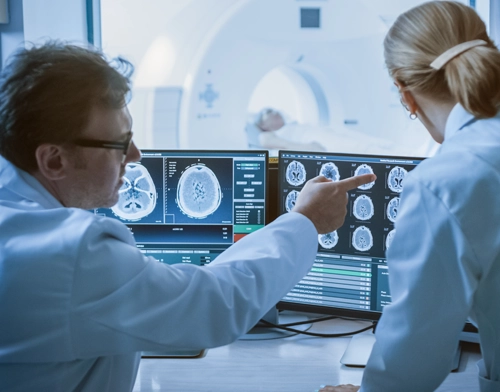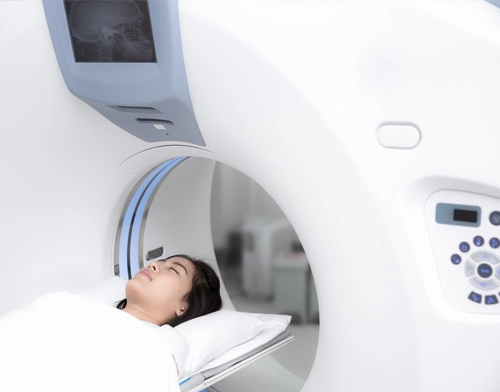The COVID-19 pandemic has brought to light a myriad of health challenges, with a particularly alarming revelation: the increased risk of heart attacks and strokes among those infected with the virus. Researchers from New York University have now uncovered the key factor driving this heightened cardiovascular risk, shedding light on the intricate relationship between COVID-19 and heart health.


Understanding the Culprit: Immune Response in Fatty Plaques
The researchers from NYU’s Grossman School of Medicine have made a significant breakthrough in unraveling the mystery of elevated heart risk in COVID-19 patients. They focused their study on a specific aspect: how the virus triggers an immune response within fatty plaques in the arteries.
Fatty plaques are accumulations of fat deposits within the arteries that tend to build up over time, leading to reduced blood flow and complications such as coronary heart disease and atherosclerosis.
Connecting the Dots: COVID-19 and Cardiovascular Risks
Health researchers have long warned about the potential link between COVID-19 and inflammatory heart conditions, including myocarditis and pericarditis. Additionally, there has been evidence pointing towards a heightened risk of heart attacks and strokes for up to a year after COVID-19 infection.
The NYU research, conducted on versions of SARS-CoV-2 in circulation in New York from May 2020 to 2021, offers insight into how this increased risk manifests in certain COVID-19 patients.
A Deeper Dive: Investigating the Mechanism
To unravel the mystery, the researchers examined tissue samples from the arteries of eight individuals who succumbed to severe COVID-19 during the first year of the pandemic. Each of these individuals had previously been diagnosed with heart disease and exhibited three or more cardiovascular risk factors, such as high blood pressure.
Employing advanced AI technology and microscopic analysis, the researchers pinpointed sites of viral infection within the arterial tissue. They made a remarkable discovery: the virus infects both arterial cells and macrophages, a type of white blood cell crucial in guarding against excess plaque formation in the heart.
The researchers observed that macrophages surrounded by plaque were more susceptible to viral infection. Upon infection, these macrophages released a variety of cytokines, inflammatory proteins known to facilitate the body’s immune response. Notably, the released interleukins have previously been linked to heart attacks.
A Dangerous Domino Effect
With these fat-laden macrophages unable to perform their role effectively, the risk of further plaque accumulation rises. This dangerous cascade of events prolongs the effects of COVID-19 and increases the likelihood of cardiovascular complications.
Dr. Natalia Eberhardt, an immunologist at NYU Langone Health who led the study, emphasizes the significance of their findings. She notes, “The virus creates a highly inflammatory environment that could make it easier for plaque to grow, rupture, and block blood flow to the heart, brain, and other key organs.” This direct mechanistic link between COVID-19 infection and heart complications is a groundbreaking discovery.
Unraveling the Immune Response
Eberhardt and her colleagues also highlight how SARS-CoV-2 can infect a wide range of cells in the body, triggering inflammation and eliciting an immune response. The severe inflammatory responses, often referred to as ‘cytokine storms,’ occur when an excessive release of cytokines leads to an extreme immune response that attacks healthy tissues alongside clearing infections.
In summary, the research conducted at New York University provides crucial insights into the mechanism underlying the increased heart risk associated with COVID-19 infections. Understanding this intricate connection is a significant step toward better managing and mitigating cardiovascular complications in COVID-19 patients.
